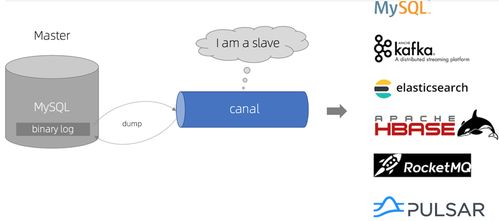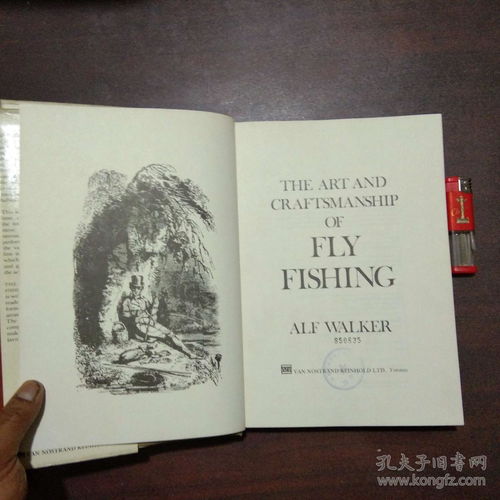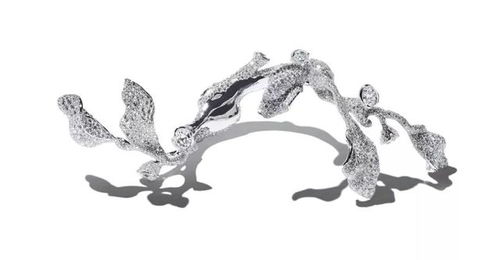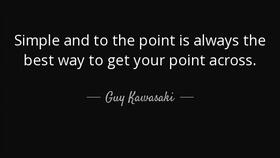Content:
Fishing is an enjoyable outdoor activity that can be both relaxing and rewarding. Whether you're planning a weekend getaway or looking for a hobby, learning the basics of fishing can be an exciting journey. If you're a beginner, you might be wondering how to start and what skills you need to acquire. Don't worry; we've got you covered. In this article, we'll discuss essential tips for newcomers to help you learn the art of fishing.
Choose the Right Equipment
Before you start fishing, it's important to have the right equipment. Here are some essential items you'll need:
a. Fishing rod and reel: The type of rod and reel you choose depends on the type of fish you want to catch and the method of fishing you prefer. Consult with a knowledgeable store employee or do some research online to find the best option for you.
b. Line: The type of line you use will depend on the fish you're targeting and the environment you're fishing in. Monofilament, fluorocarbon, and braided lines are the most common types of fishing line.
c. Hooks: The size and type of hook you use will depend on the fish you're trying to catch. Smaller hooks are used for smaller fish, while larger hooks are used for larger fish.
d. Lures and baits: Lures are artificial imitations of fish, insects, or other creatures that attract fish, while baits are natural food sources that fish are attracted to. Experiment with different lures and baits to see what works best for the fish you're targeting.
Learn the Basics of Casting
Casting is an essential skill for any fisherman. Here's a basic casting technique to get you started:
a. Hold the rod with a comfortable grip and extend your arm fully.
b. Swing the rod back and forth, creating a loop in the line.
c. As you bring the rod forward, release the line with your thumb to allow it to fly through the air.
d. Keep your wrist firm and let the rod do the work.
Understand the Basics of Baiting and Luring
When it comes to baiting and luring, there are a few things to keep in mind:
a. When using bait, ensure it's fresh and appealing to the fish you're targeting. Fish can be picky, so it's important to use the right bait.
b. When using lures, experiment with different retrieves and presentations. Some fish may be more attracted to a slow, steady retrieve, while others may prefer a faster, more erratic motion.

Learn How to Read the Water
Reading the water is a crucial skill for any fisherman. Here are a few tips to help you get started:
a. Look for areas where the water is deeper or where there are submerged rocks, logs, or other structures. These areas can provide good fishing spots.
b. Observe the surface of the water for signs of fish activity, such as ripples or splashes.
c. Pay attention to the weather and water conditions. Fish may be more active on overcast days or during certain times of the day.
Practice Patience and Persistence
Fishing can be a waiting game, and it's important to be patient. Here are a few tips to help you stay focused and persistent:
a. Set aside plenty of time for your fishing trip. Don't rush the process.
b. Keep a positive attitude and be prepared to try different techniques and locations.
c. Stay hydrated and take breaks to rest and refuel.
Stay Safe
Lastly, always prioritize safety when fishing. Here are a few tips to help you stay safe:
a. Wear appropriate clothing and footwear for the weather and terrain.
b. Bring a first aid kit and know basic first aid techniques.
c. Tell someone where you're going and when you plan to return.
In conclusion, learning the art of fishing can be a rewarding experience for beginners. By choosing the right equipment, mastering casting and baiting techniques, reading the water, practicing patience, and staying safe, you'll be well on your way to becoming a skilled fisherman. So, grab your rod and reel, and get ready to explore the wonderful world of fishing!












